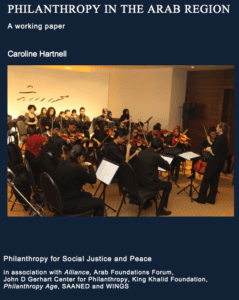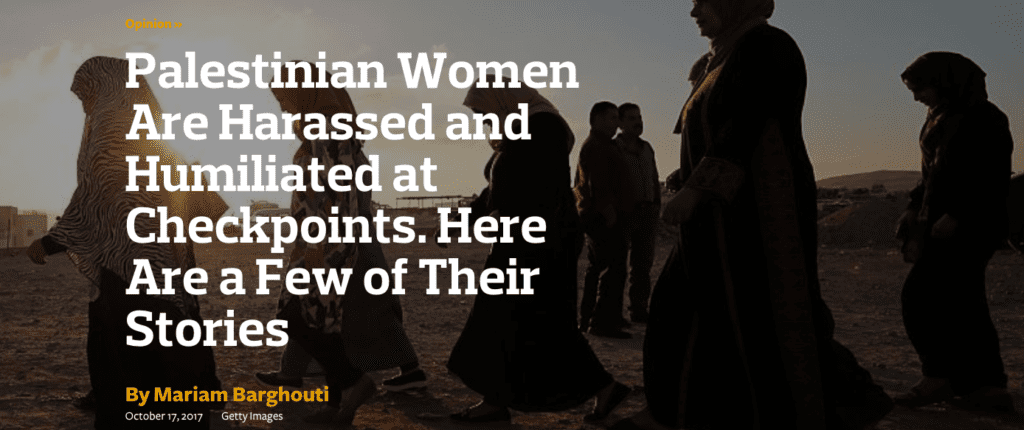What an honor it was to be asked by Alliance Magazine, a preeminent publication in the field of global philanthropy, to become a “Philanthropy Thinker.” I will contribute an analytical piece annually.
My first piece (just published) was on a topic near and dear to my heart: how philanthropy to Israel and Palestine are framed. In it, I try to argue that the framing of Israeli diaspora philanthropy and Palestinian diaspora philanthropy as two parallel, unrelated, and benign trends is false and harmful.
If you’re a subscriber, you can find the full article here (and if you live in Palestine or a country in the Global South, you can subscribe for free). For the rest, please consider subscribing to Alliance. If you can’t, my article will no longer have a paywall around mid-October and you’ll be able to access it freely.
The comments are already lively, and I hope you’ll join in.

 A comprehensive and well-written report, Caroline Hartnell’s just-released
A comprehensive and well-written report, Caroline Hartnell’s just-released 